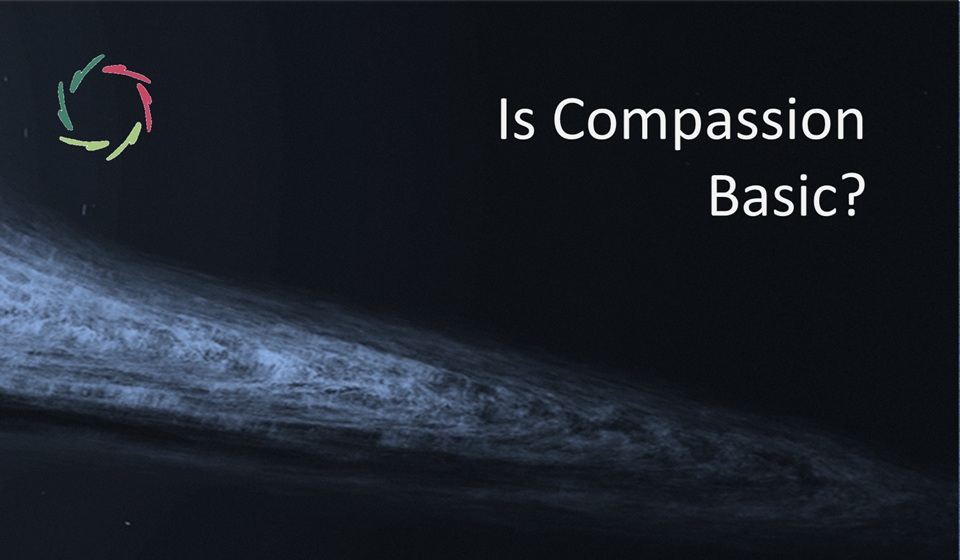Looking at Suffering

We should never forget the suffering.
Numbers don’t suffer.
People do. Children and mothers and fathers, as you know.
Husbands and wives.
We know. Should we then all keep thinking about the suffering of so many who are in misery?
Yes, we should, in a way.
Of course, we cannot, for several reasons. We don’t know all those people. We are not made to empathize with millions. We would be devastated if we would always think of them ― paralyzed perhaps. It wouldn’t do them any good, anyway. Obviously.
Yet their suffering is real and shouldn’t be un-realized. You might turn on your TV and in the news, by coincidence, they show one child starving to death.
It might be your child.
Think about that. Maybe, a few hours later, the child is dead.
This is the same world we are all living in. It isn’t a different world. It’s this one.
A few minutes later, you might forget the child. See? You are not guilty. You are not a monster, nor a villain. You are a normal person.
This is normal. Still, it’s “not what it is.” It is not unimportant. See?
Doing your daily routine, suffering exists all over the place. It’s there, nearby, on this very same planet.
We should not be callous.
Tears can be beautiful. Thinking about suffering can be very beautiful,
as can be the acknowledging of our human condition and our incapacity to amend it all.
One can be joyful. Still, that doesn’t make it disappear.
We shouldn’t deny it. To deny it is what would be unrealistic.
You might drink. You might dance. You might enjoy and go to work.
Or you might be suffering yourself ― like months of pain.
You might even be dying ― on a day like any other.
Numbers don’t lie, but they don’t speak the whole truth.
Numbers don’t suffer.
People do.


